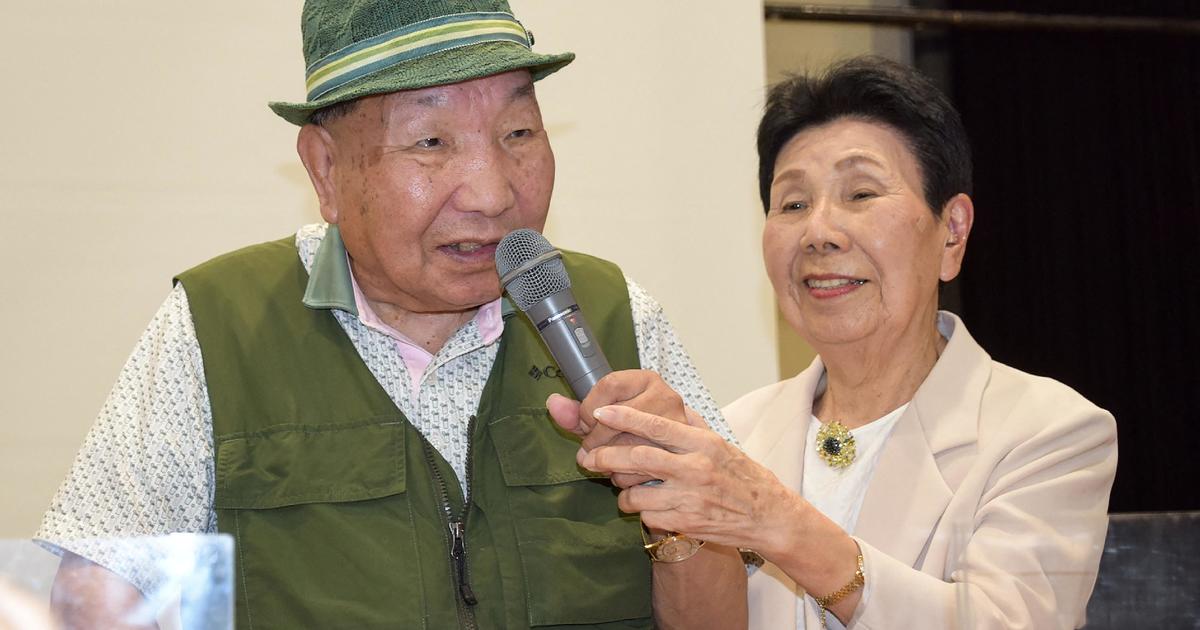Iwao Hakamada’s exoneration after 46 years on death row highlights a significant victory for justice in Japan. His case, marked by alleged police misconduct and fabricated evidence, underscores the importance of robust legal protections against wrongful convictions and the enduring struggle for the rights of death row inmates globally. The ruling, while not yet fully finalized pending a possible appeal, carries profound implications for the Japanese justice system and raises broader questions about the use of the death penalty itself. The sheer length of his incarceration, coupled with the court’s scathing condemnation of investigative practices, reveals a system that requires reform and critical reevaluation. His case serves as a stark reminder of the devastating human cost of wrongful convictions and the urgent need for systemic changes to prevent similar injustices in the future.
The Hakamada Case: A 46-Year Battle for Justice
Decades of Imprisonment and Alleged Wrongdoing
Iwao Hakamada spent 46 years on death row in Japan, accused of a quadruple murder. His conviction rested heavily on confessions obtained through methods his supporters and the court ultimately deemed “inhumane.” These confessions, along with blood-stained clothing presented as evidence, were central to the original verdict. The court, however, found compelling evidence suggesting the prosecution fabricated key elements of the case. The blood-stained clothing, presented as crucial evidence for many years, was proven to have been planted in a tank of miso by investigators. This act of planting evidence represents a profound breach of due process and casts serious doubt on the integrity of the original investigation. The years of solitary confinement, constantly living under the looming threat of execution, significantly impacted Hakamada’s mental health, described by his legal team as existing “in a world of fantasy”.
The Court’s Decision and its Significance
Last week’s ruling by the Shizuoka District Court overturned Hakamada’s conviction, declaring him innocent. This monumental decision is significant not only for Hakamada himself but also for the Japanese legal system. It represents a rare instance of a death row inmate being exonerated in Japan. The court’s verdict directly challenges the prosecution’s methods and directly addresses the alleged fabrication of evidence, asserting that the investigation was marred by significant misconduct and procedural failings. The court did not mince words, stating the prosecutors and police involved in the case engaged in a “concerted” effort to manufacture incriminating evidence. This forceful rebuke is highly unusual and has ramifications that extend far beyond Hakamada’s individual case. It implies the possibility of a larger scale of systematic failings, requiring broad investigation into the procedures employed in similar past cases.
The Aftermath and Implications
Potential Appeal and Compensation
While Hakamada has been declared innocent, the legal battle is not definitively over. Prosecutors have until October 10th to decide whether to appeal the court’s decision. While the case seems to rest on exceptionally solid ground based on the explicit statement made by the court, their response is still uncertain. If prosecutors opt not to appeal, Hakamada stands to receive compensation, estimated at over $1.4 million. His legal team also intends to file a separate lawsuit seeking further compensation for his prolonged unjust imprisonment. This additional compensation seeks to acknowledge the immense physical, emotional and psychological suffering resulting from years of wrongful imprisonment under highly problematic conditions, including prolonged solitary confinement. The prospect of additional legal action is a further illustration of the need for systemic changes in Japanese criminal justice.
Broader Implications for Japan’s Justice System and Death Penalty
Hakamada’s case raises significant questions about the justice system’s treatment of death row inmates in Japan. The long-standing practices used and the systematic violations uncovered in the Hakamada case highlight systemic issues affecting those within the system. Concerns about the fairness and accuracy of convictions leading to capital punishment are further compounded by reports from human rights groups of significant concerns over procedures involved with similar cases. Amnesty International highlights that a large proportion of Japanese death row inmates are held in solitary confinement. The death penalty itself remains a controversial subject in Japan, with increasing calls for its abolition. The Hakamada case provides further ammunition to arguments in favour of abolishing the practice, given that wrongful convictions carrying death sentences pose severe irreversible consequences. Given Hakamada’s experience as well as other examples, reform is both vital and long overdue.
The Global Context of Wrongful Convictions and Capital Punishment
International Comparisons and Reform Efforts
The injustice suffered by Hakamada is sadly not unique. Numerous cases around the world demonstrate the vulnerability of individuals to wrongful convictions, particularly in cases involving the death penalty. The recent exoneration of a former death row inmate in Oklahoma after nearly 50 years highlights this risk. The Hakamada case shines a global light on problems within many different justice systems and further advocates for stronger safeguards to prevent similar mistakes from occurring elsewhere. The existence of countries with functioning capital punishment systems while other modern democratic nations have largely abandoned the practice is increasingly inconsistent. This discrepancy, reflected by the significant number of capital punishment advocates outside G7 nations and the relatively small number within it, further raises considerable international concern.
Takeaways
- Iwao Hakamada’s exoneration after 46 years on death row is a landmark victory but exposes serious flaws within the Japanese justice system.
- The court’s strong condemnation of prosecutorial misconduct underscores the urgent need for reforms to prevent future wrongful convictions.
- Hakamada’s case highlights the devastating human cost of wrongful convictions and prolonged incarceration, particularly on death row.
- The case raises broader questions about the use of the death penalty, especially in the context of the risk of irreversible injustices.
- International comparisons underscore the importance of robust legal safeguards against wrongful convictions and ongoing efforts to reform systems worldwide.




